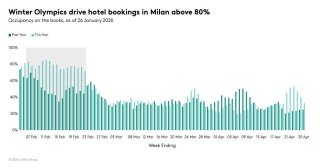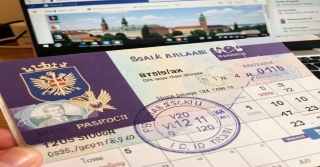
Government Proposes Stricter Language, Education, and Work Requirements for Foreigners.
The Finnish government is set to introduce stricter rules for obtaining permanent residency, adding new criteria related to education, work experience, and language proficiency. The proposal aims to encourage better integration of immigrants into Finnish society and the labor market.
According to a press release from Finland’s Ministry of the Interior, the proposed amendments to the Aliens Act were submitted on January 27, 2025, and are open for public consultation until March 7.
New Requirements for Permanent Residency
Under current regulations, foreigners can apply for permanent residency (PR) after four years of uninterrupted residence. The new proposal extends this period to six years, except for applicants who meet specific criteria.
To qualify for PR under the new rules, applicants must:
Reside in Finland for six years continuously.
Have at least two years of work experience in the country.
Demonstrate sufficient proficiency in Finnish or Swedish.
However, applicants who meet one of the following conditions may qualify after just four years:
- Annual income of at least €40,000.
- Master’s or PhD degree recognized by Finnish authorities, plus two years of work experience.
- Advanced Finnish or Swedish language skills, plus three years of work experience.
Additionally, graduates of Finnish universities can apply for PR immediately upon completing their degree, provided they demonstrate strong language skills.
“Our goal is to encourage immigrants to integrate, work, and learn the language. Successful integration will be a prerequisite for obtaining permanent residency,” said Interior Minister Mari Rantanen.
Implications for Immigration and the Economy
While Finland faces a labor shortage in key sectors such as healthcare and technology, the new policy may discourage lower-skilled workers from applying for residency.
Denmark has implemented similar restrictions, while Germany recently eased immigration rules to attract skilled workers. Experts warn that Finland’s move could limit the talent pool and affect industries reliant on foreign labor.
Political and Social Context
With a center-right coalition in power, Finland has taken a hardline stance on immigration, citing economic and security concerns. However, critics argue that the reforms could hinder workforce integration and worsen labor shortages.
If enacted, Finland’s new PR rules will be among the strictest in the EU, prioritizing high-income, educated professionals while making it harder for lower-skilled migrants to settle. The final decision in March will signal Finland’s long-term direction on immigration policy and its potential economic impact.











